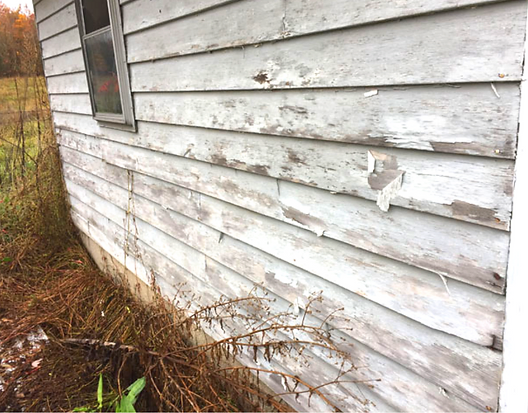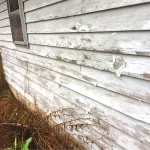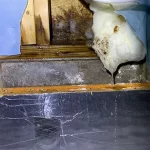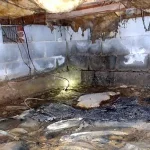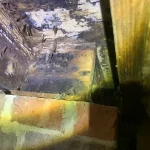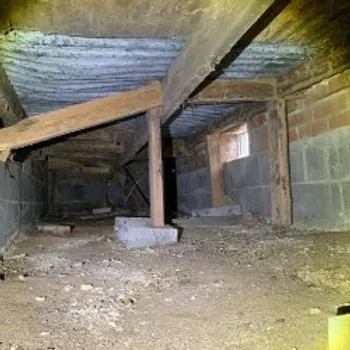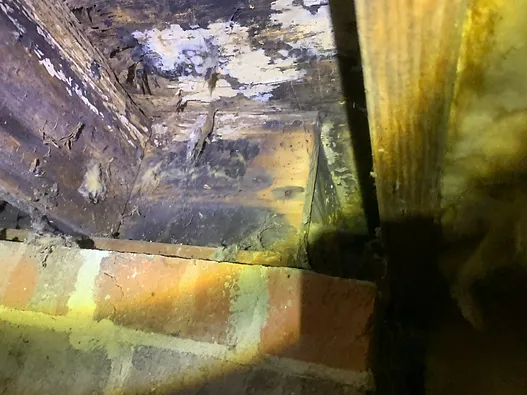How North Carolina’s Humid Climate and Frequent Rainfall Contribute to Moisture Problems in your Home.
North Carolina’s climate is a double-edged sword for homeowners. The state’s warm, humid environment and frequent rainfall create the perfect conditions for moisture-related issues. This combination of heat and humidity can lead to a range of problems that affect both the structural integrity and the livability of your home. The Impact of Humidity and Rainfall North Carolina’s high humidity levels mean that the air often carries a significant amount of moisture. When combined with regular rainfall, this can lead to persistent dampness in and around your home. Over time, this excess moisture can seep into building materials, leading to several common issues.
Common Signs of Moisture Problems
- Mold Growth: One of the most visible signs of moisture problems is mold. Mold thrives in damp, warm environments and can appear as black, green, or white patches on walls, ceilings, and other surfaces. Not only is mold unsightly, but it can also pose health risks, causing respiratory issues and allergic reactions.
- Wood Rot: Wood rot occurs when wooden structures are exposed to excessive moisture over time. This can weaken the structural integrity of your home, leading to sagging floors, warped doors, and damaged siding. Wood rot often starts with a small area of decay, but it can spread rapidly if not addressed promptly.
- Peeling Paint: Peeling or bubbling paint on exterior walls is another telltale sign of moisture issues. When the underlying surface is damp, paint can lose its adhesion and start to peel away. This not only affects the appearance of your home but can also indicate that moisture is penetrating your walls.
- Addressing Moisture Problems To combat crawl space moisture issues and other moisture related issues, regular maintenance and proactive measures are essential. Ensure that gutters and downspouts are clear and directing water away from your home’s foundation. Use dehumidifiers in areas prone to high humidity, and address any leaks or water damage as soon as they are detected. Additionally, applying moisture-resistant coatings to exterior surfaces can help protect your home from the effects of North Carolina’s wet climate. By understanding and addressing these moisture-related problems, you can maintain the health and longevity of your home, keeping it safe and comfortable year-round. A routine maintenance inspection can help prevent minor issues from becoming significant. Contact Pait Home Inspections to schedule your maintenance inspection today.

